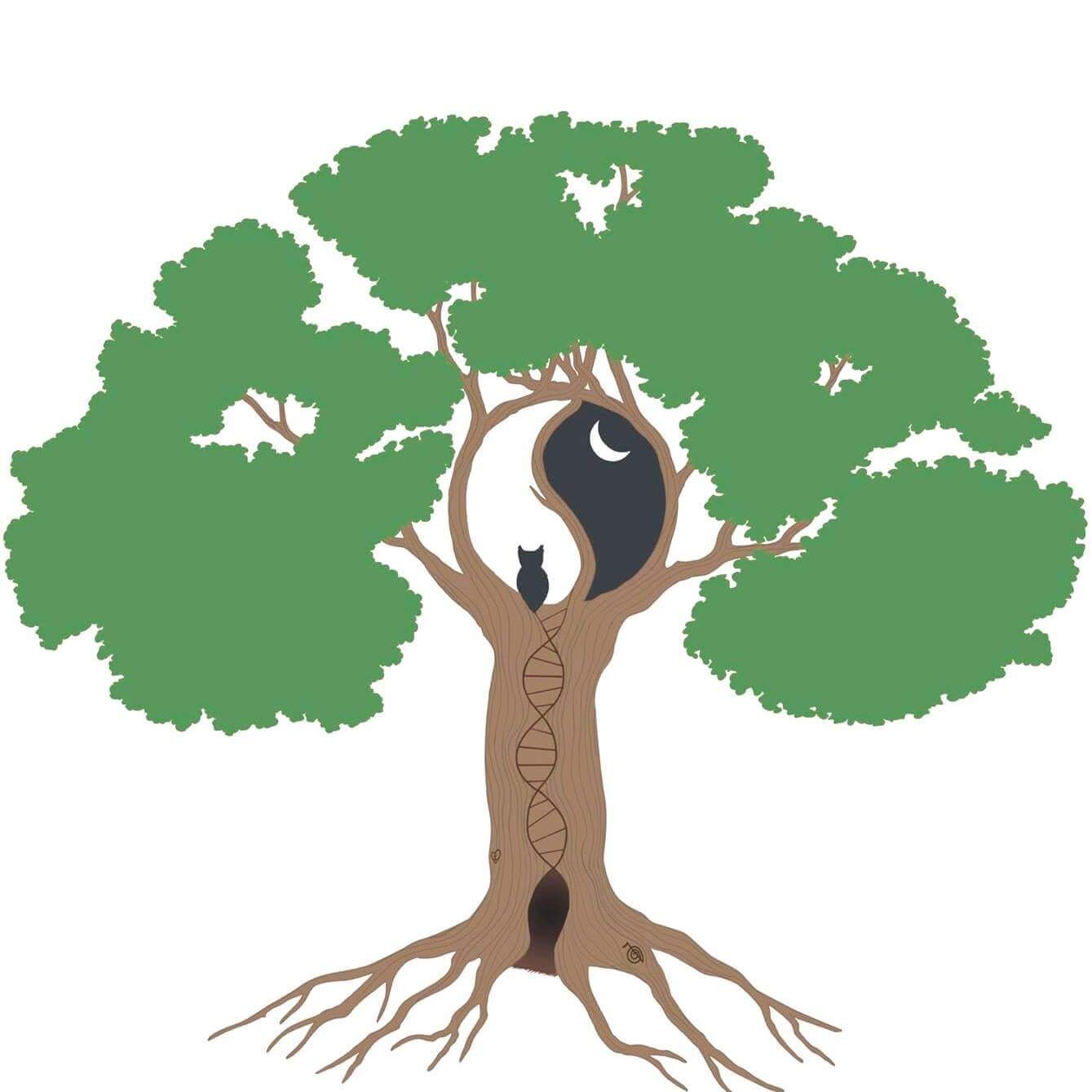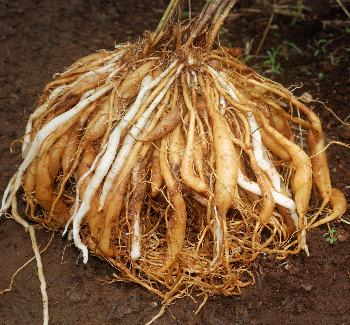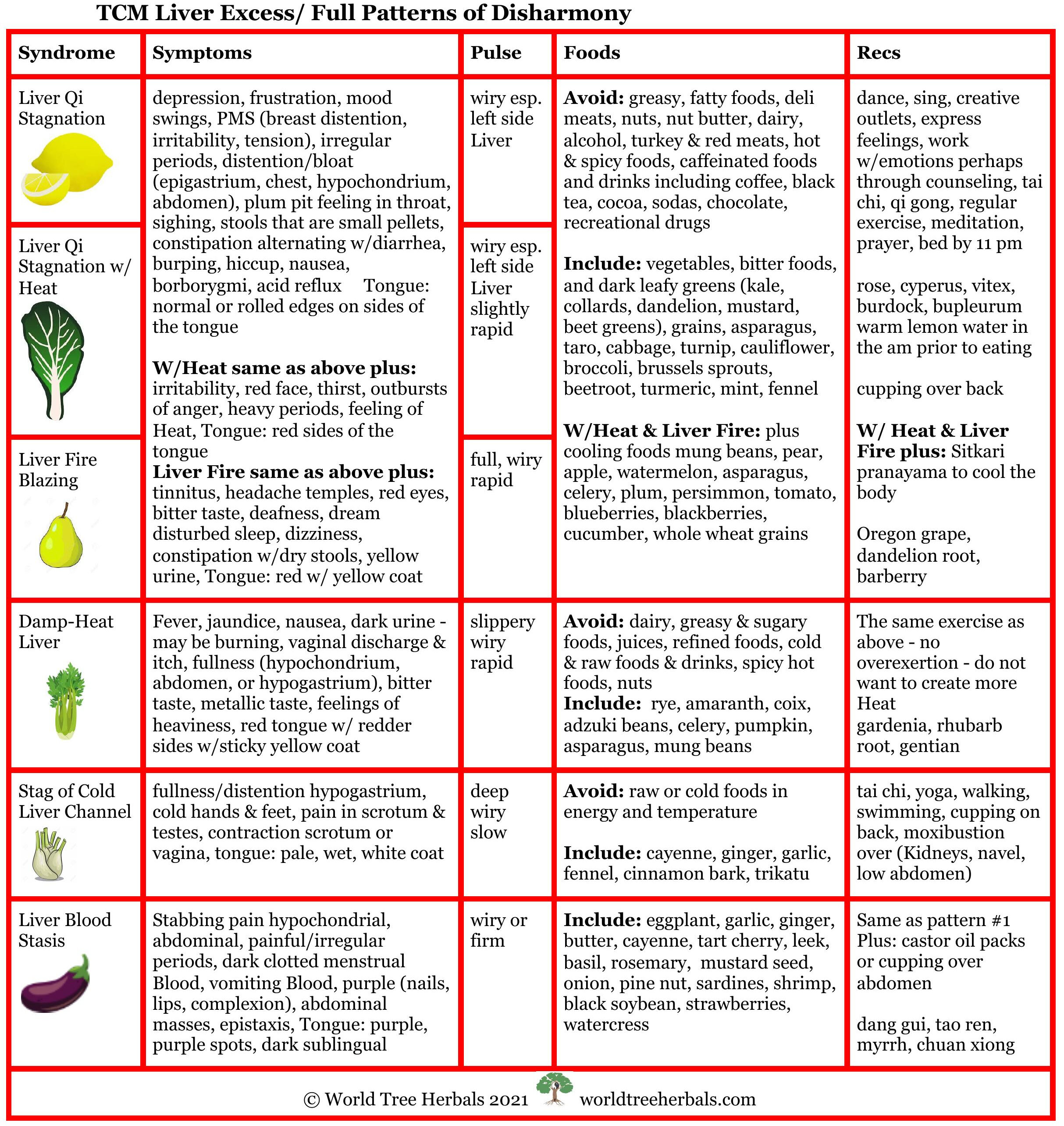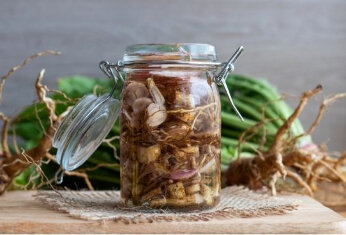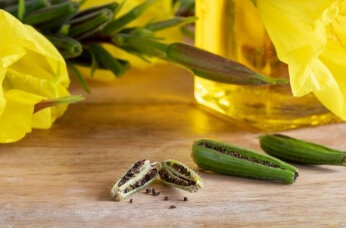Herbs are meant to assist the body back into homeostasis. To keep the body balanced we rely on diet, lifestyle, and healthy emotions. If any of these are out of balance, the physical body will become strained and the emotional body will eventually follow or vice versa. Let’s talk a bit about diet today.
Unless urgency does not permit, prior to an initial consultation I ask clients for a current 5-day food log. This gives me an idea of what organ system might be in need of some care. If possible, I then try to give food recommendations (again, before the consultation). This gives me an idea of how compliant a client might be once we dig-in. This also gives the client a true look at what they are eating and allows them easily to see what might be missing and what might be in excess. It also serves as a reference point. Once the client feels better, they start to understand how specific foods make them feel, good or bad. Once this connection is made, most clients are more than ready to maintain the balance they find through herbs, diet, lifestyle, and emotional wellbeing. And if they stray from their balanced path, at a minimum they understand why they are feeling poorly again and choose whether to return to their balanced path ... at this point, they are making an informed decision.
The number one aha moment clients have is when they realize that eating certain healthy foods might not be right for them in their current state. There is NO one-diet-fits-all mode. Traditional Chinese Medicine (TCM) approaches diet through the organ system ... identifying what organ(s) is either in a state of excess or deficiency, and then amending, by eliminating the excess or nourishing the deficiency. This is such a valuable approach, because it works!
An example that comes up frequently in my practice is Spleen Qi deficiency. According to TCM one of the Spleen’s functions is to transform all foods and drinks we consume into nutrients and Blood for the entire body. If the Spleen is deficient it isn’t functioning properly and we might see symptoms of fatigue/tiredness, bloat, weight gain, loose stools, etc. Often in this situation, when we take a look at the foods eaten, we see raw and cold-natured foods like salads, smoothies, and fruits, which by their nutrient content are thought to be healthy. And they are for folks with healthy Spleen Qi, when eaten at certain times of the year, and in appropriate amounts. The Spleen is affected negatively by an excess of raw and cold-natured foods though, nutritional value aside. And if the Spleen is already deficient and not functioning properly, even a moderate amount of cold and raw food is likely to cause further decline.
Herbs can be immensely valuable in assisting the body back into homeostasis, but they are not meant to be used indefinitely.* If you are curious about how your diet, even if you eat healthily, may be affecting your body, contact me. I love to work with clients on diet, as well as herbs and lifestyle.
In the coming weeks, I will be sharing how diet and emotions affect specific organs.
* There are exceptions, however, these are for another post at another time.
